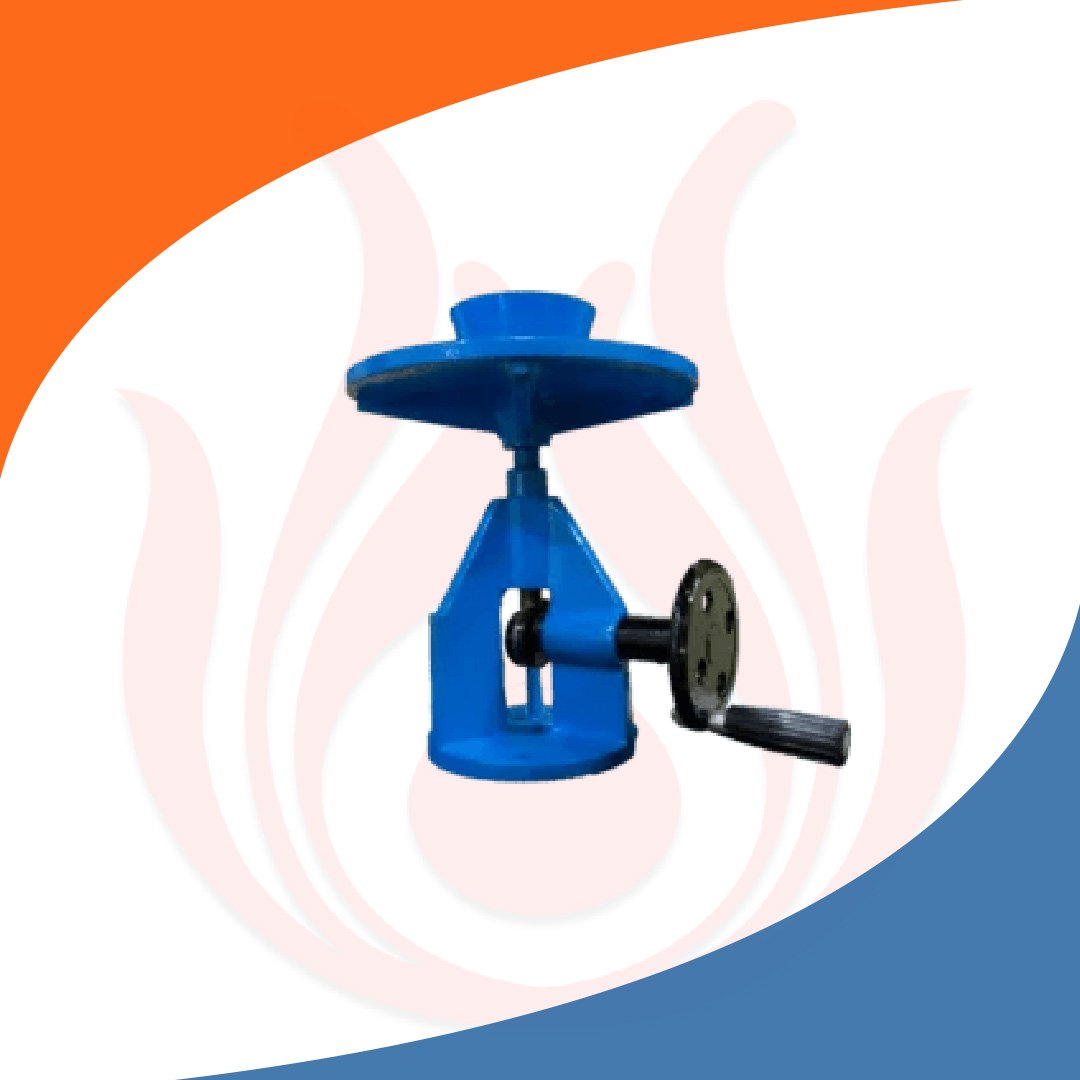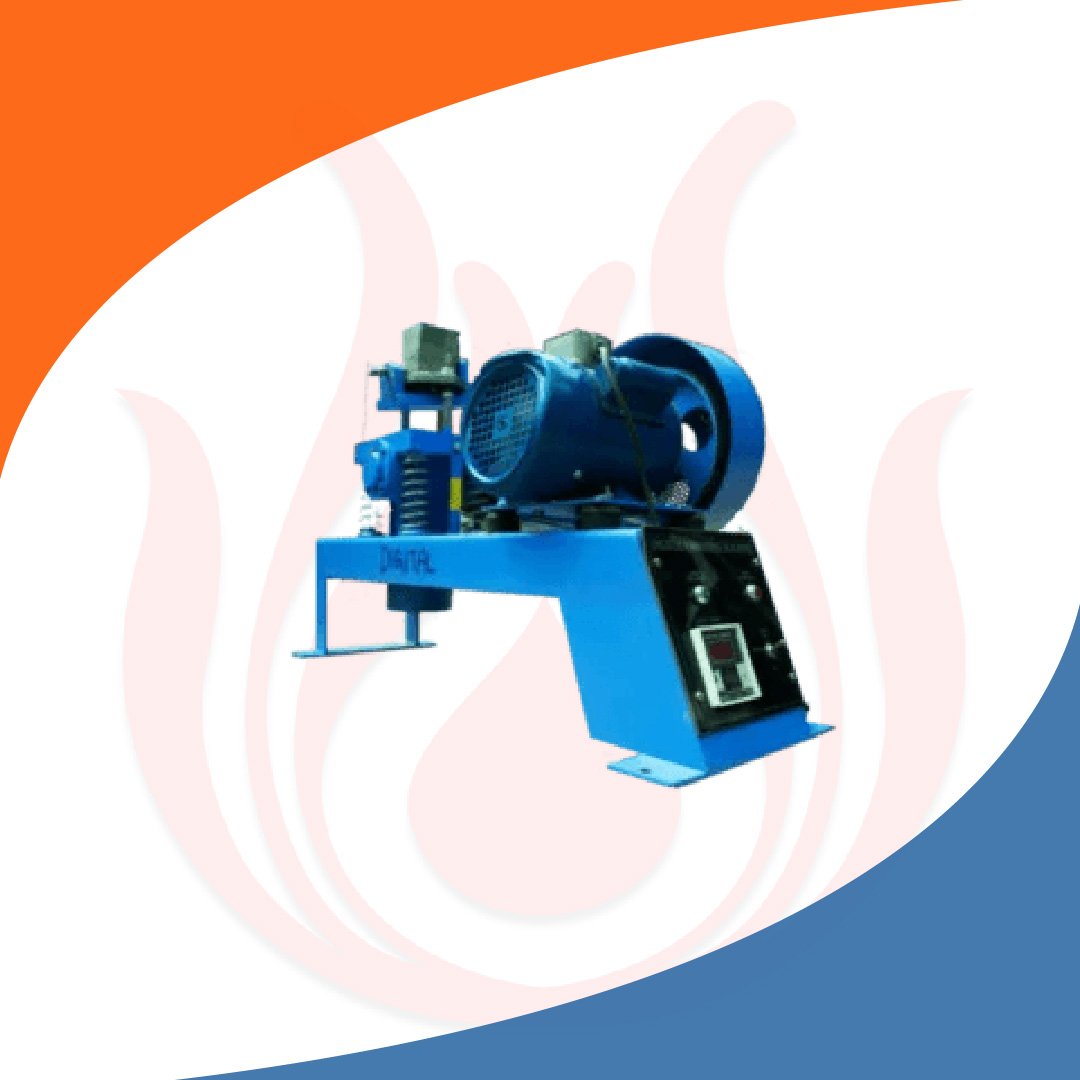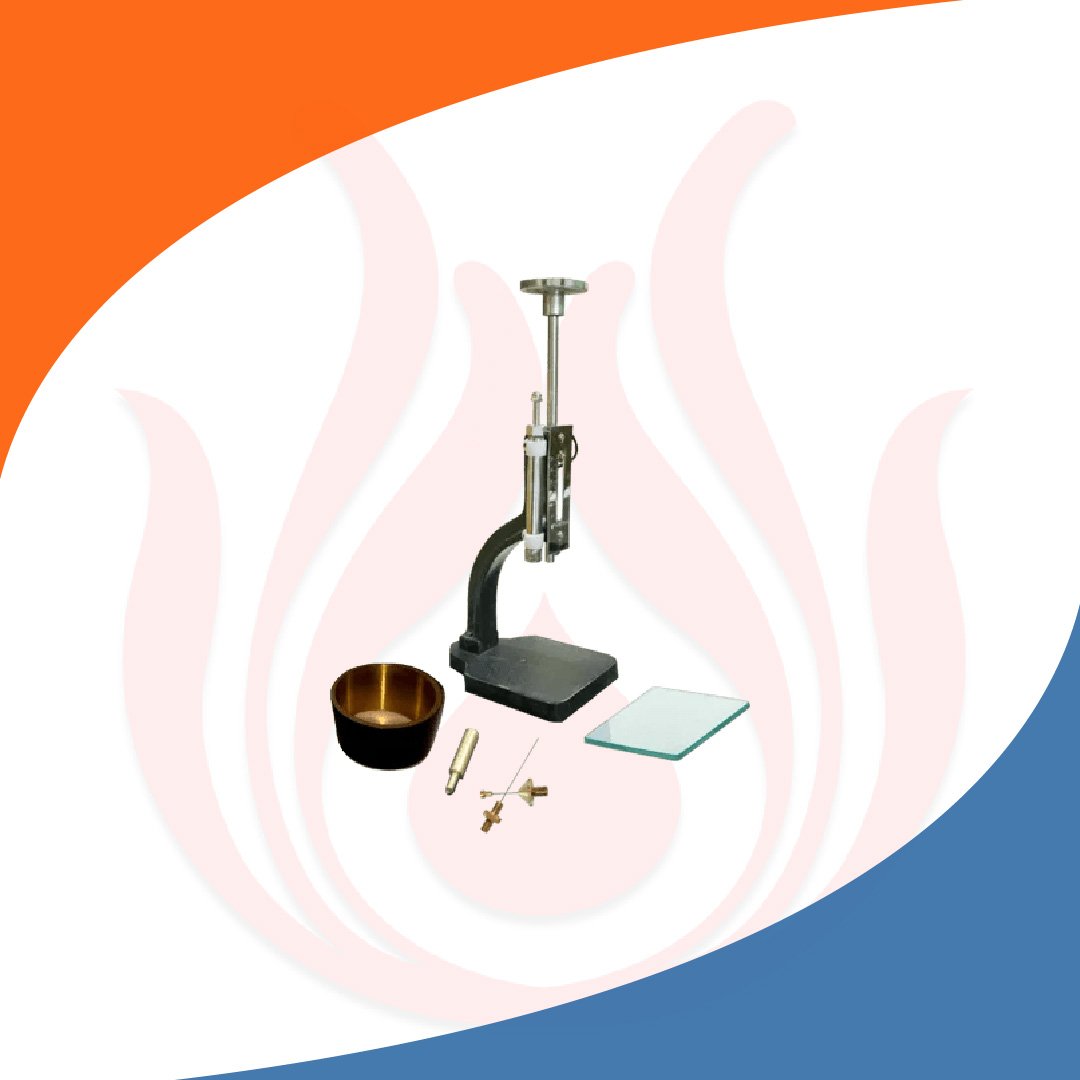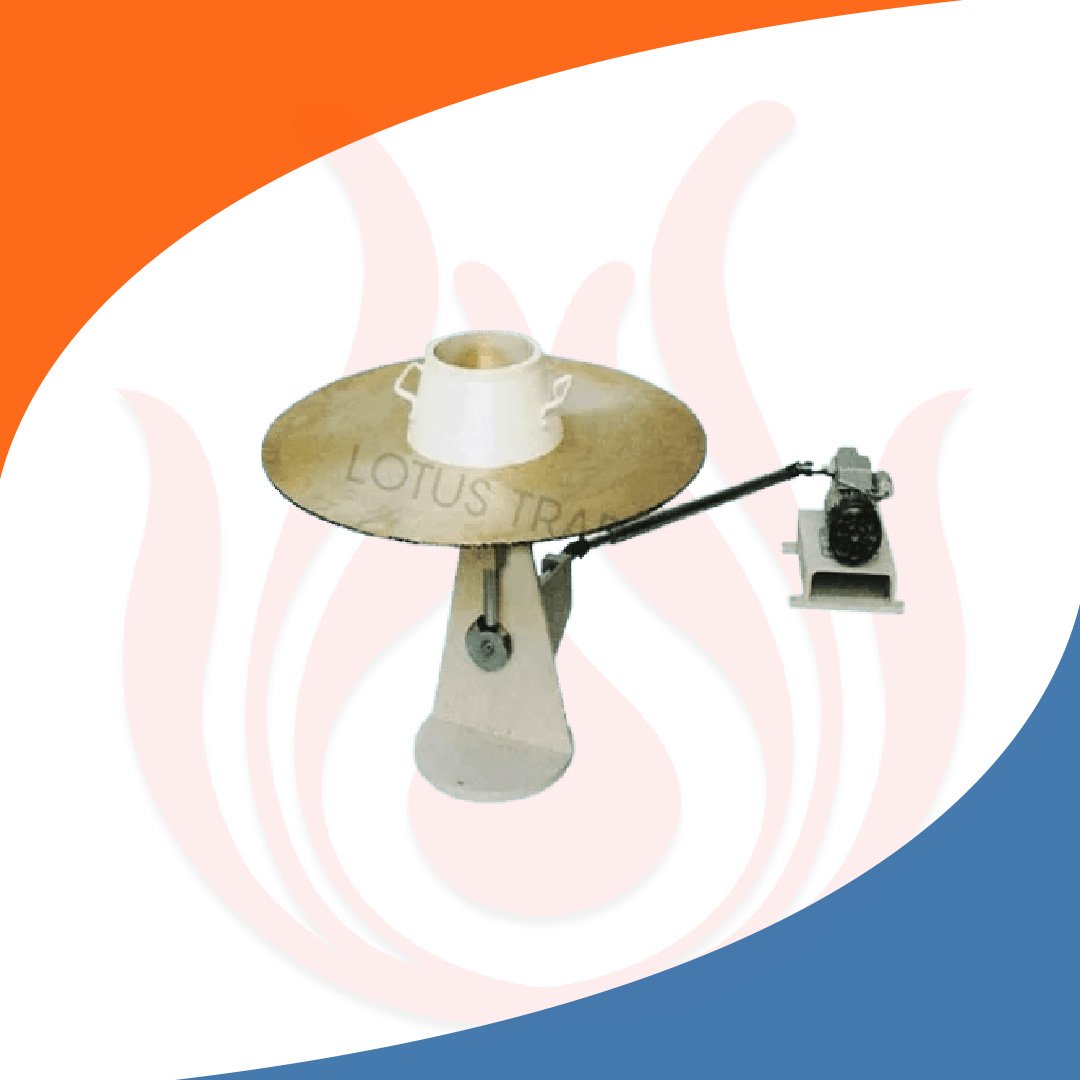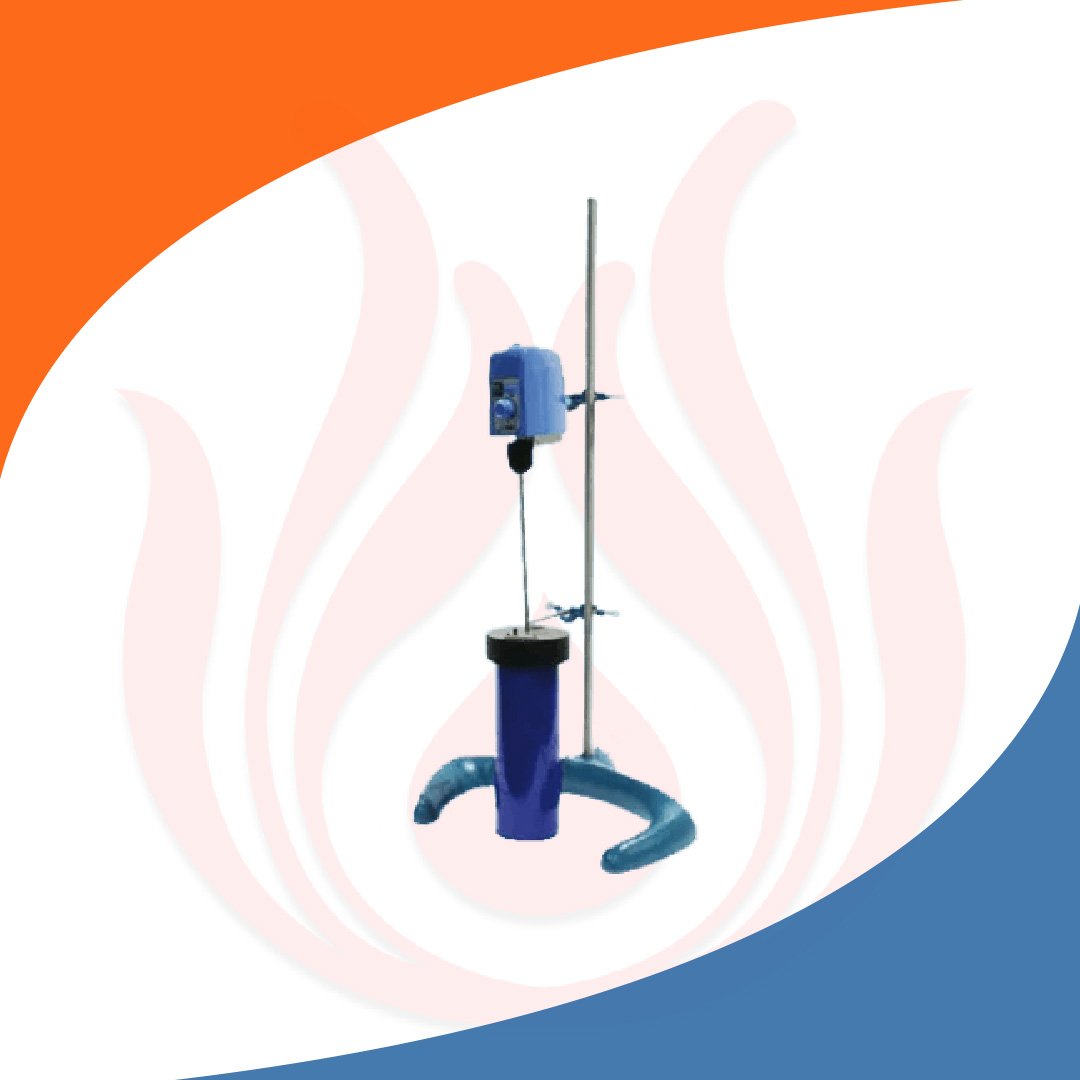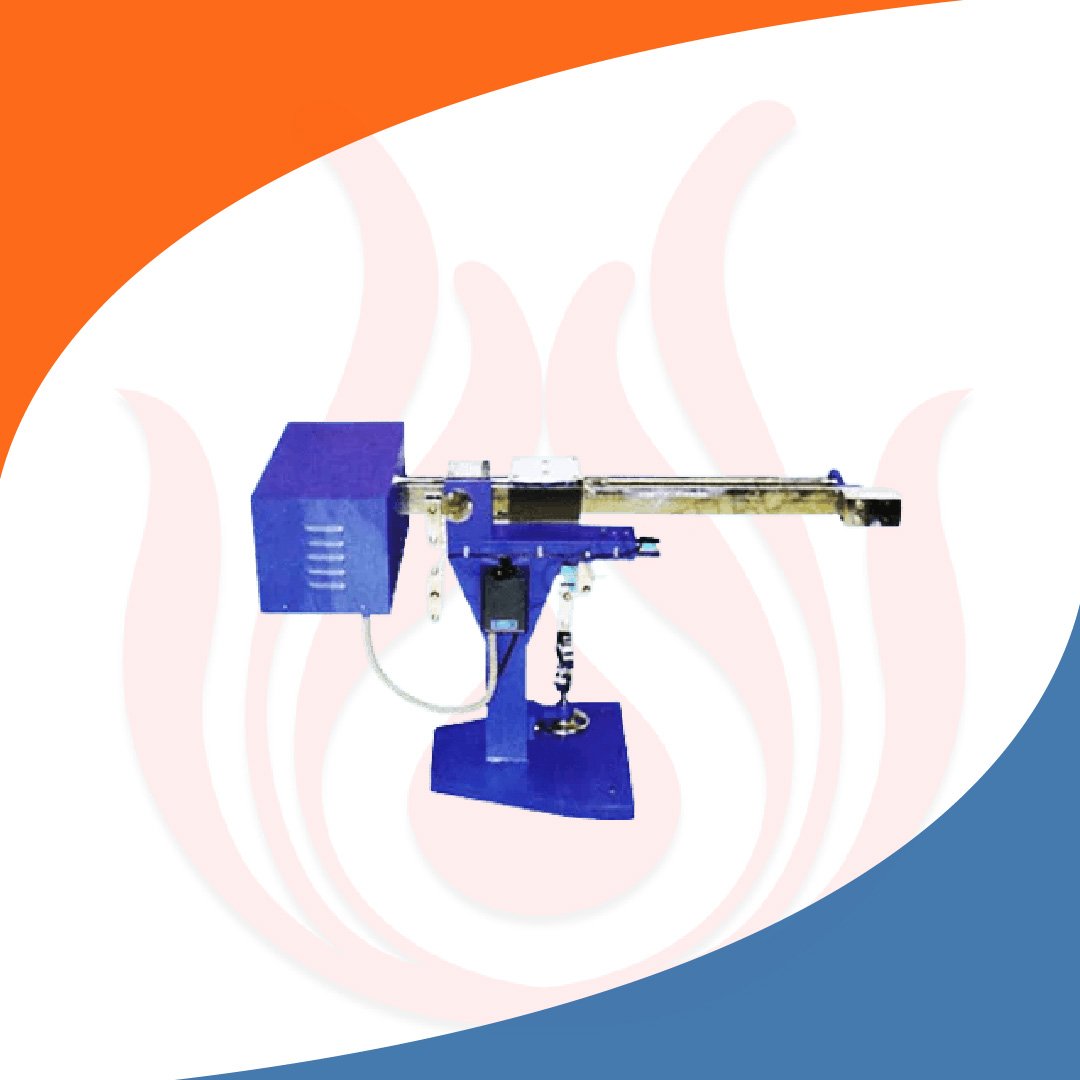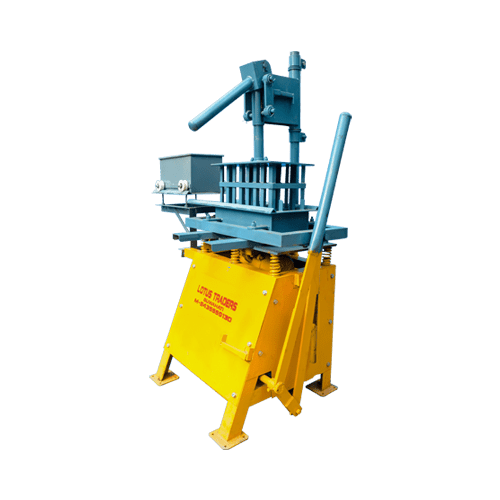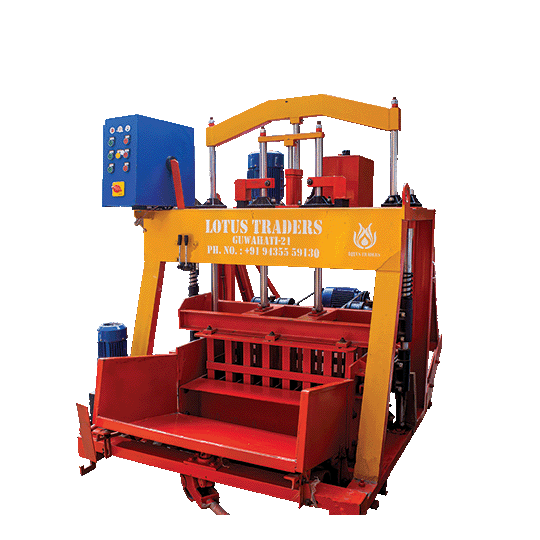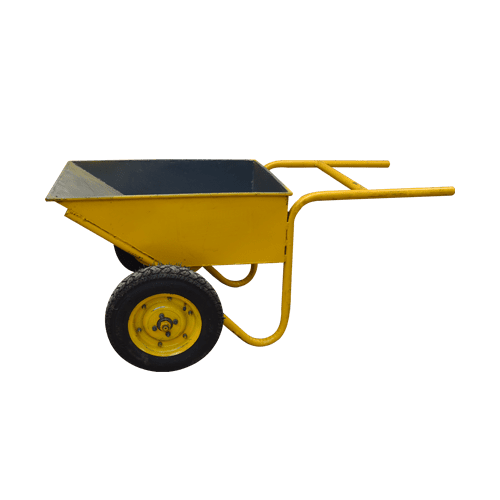Home > Cement Testing Equipment


CEMENT TESTING EQUIPMENT
Cement testing equipment: Ensuring excellence and quality.
As the “backbone” of the building sector, cement is the starting point for all aspects of modern construction and the structure we rely on in our daily lives. It is the glue that keeps things bonded, and if it lacks quality, everything crumbles – literally. But cement is not a cookie cutter product. Since it is intended to safeguard people, it needs strict manufacturing standards based on comprehensive testing for its entire life cycle. At this point, cement test equipment takes a critical position. This article explains what is cement tester and how it is important for checking on cement-based material for quality assurance.
Usage of cement testing equipment
Concrete testing equipment plays a critical role in evaluating the quality, execution, and properties of concrete. These machines and tools are utilized to perform many tests on concrete samples , helping engineers, designers, and quality control staff to guarantee that the concrete satisfies industry guidelines and project specification details
Importance of cement testing equipment:
Cement bears diverse range of environmental and structural loading conditions, as applied to construction foundation work, building bridges or other construction projects, the quality of the cement must be of high-quality and industry standards. Quality testing of cement is done to ensure that the cement manufactured or used during construction complies to specified structural plans and design. Here are some important reasons why cement testing equipment is required.
Quality assurance: Concrete testing assists engineers to use high and sturdy material quality, guaranteeing that each batch of concrete complies to industry norms. This consistency is crucial for development of construction projects to meet security and strength requirements.
Product development: experts and manufacturers use cement testing equipment to develop new cement formulas with further developed properties like strength, setting time, and protection from different natural circumstances.
Quality Control: construction experts use cement testing to ensure that the cement being utilized on an project fulfils the predetermined quality guidelines. This prevents primary disappointments and guarantees the life span of designs.
Performance Expectation: Cement testing can give important information on the behaviour of cement under various circumstances, permitting experts to make educated conclusions about the suitability of a specific cement type for a particular specified project.
Assessments during cement testing:
During cement testing, various assessments are performed to evaluate the quality and properties of cement precisely. These assessments are critical for ensuring that the cement meets industry standards and specifications. Here are some of the major assessments performed during cement testing.
Chemical composition analysis: Deciding the composition of concrete is fundamental to assure that the cement meets essential prerequisites of the construction. chemical investigation examines the properties of the mixtures like calcium silicates, aluminate, ferrites, and gypsum. This examination helps in confirming concrete’s adjustment capabilities and quality.
Fineness Test: The fineness of concrete is performed utilizing the Blaine air permeability apparatus assembly or the surface region test. Fineness influences concrete’s reactivity and strength development. A finer cement quality gives better strength yet may require more water for functionality.
Setting Time: The setting time of cement is essential for construction projects. The Vicat apparatus is generally used to determine initial and final setting times. appropriate setting times guarantee that the concrete has the right consistency for development and restoring processes.
soundness Test: The soundness of cement refers to its capacity to hold its volume without critical expansion or contractions. The autoclave expansion test examines cements volume stability affected by high-pressure steam. Unsound cement can lead to breaking and diminished solidness in cement.
Tensile strength Testing: While compressive strength is normally tested, tensile strength test is additionally significant, particularly for extraordinary applications like as pavements. Rigidity can be determined through various testing methods and techniques.
Chemical shrinkage test: chemical can affect the long-term performance of cement and materials, special test are conducted t examine the shrinkage behavior of cement.
Products and services provided by lotus traders in cement testing field:
Lotus traders is well known for providing top-notch quality products and excellence in sales and service, it is the one stop destination for all your construction requirements.
Flow table: a flow table is used to assess the consistency of fresh cement; the flow table test is done to determine the fluidity of concrete for better workability. This test is valuable for quality control and ensuring that the concrete mix has the desired consistency for the specified project needs. It examines how fluently cement can flow and spread under its own weight.
Flow table motorized: this equipment has the same functioning as a manual flow table but the benefit with this machine is its motorized power which provides the ease of operation and faster batch sampling for more precise and automated work.
Gauging trowel: this equipment is a round-nosed tool used for mixing mortars for application in small areas; it is also used for transferring plasters and for applying plasters to wall or any flat surface.
Digital cube vibration table: this equipment is specialized in material testing and quality control, specially in construction industry. This equipment is designed to vibrate concrete, cement cubes in a controlled manner. This machine performs various functions such as strength testing, consolidation, quality control of cement and is helpful for research and developments field as it provides the necessary information for assessing important aspects of cement for more strength and workability.
Vicat needle apparatus with dashpot: Vicat apparatus is a equipment used for determining the properties of construction materials, this equipment measure the consistency of cement paste, asphalt and other constructional mixtures for efficiency and better production capacity.
Apparatus for reactivity quicklime: this equipment is used to determine the reactivity of quicklime on slacking, further water extinction test is performed. A mass of lime is induced into water in an adiabatic receiver, shaken by a magnetic stirrer for checking the reactivity of the quicklime.
Tensile strength tester electrically operated: this equipment is widely used for examining the tensile strength of cement, this machine works by assessing a material specimen in a pair of grips and applying increased pressure of tensile load until the specimen breaks or falls apart. The electrical operation of this machine enhances its working efficiency and saves time.
Cement sampler: a cement sampler is a sampling tool which allows larger volume of samples to be taken for assessment widely used in testing laboratories. Its soul purpose is to collect samples of cement from various batch for quality control, testing and analysis.
Shrinkage bar mould: shrinkage bar mold: a shrinkage bar mold is a tool specialized for used in the construction and material testing industry, its soul purpose is to create test units for assessment of the shrinkage properties of cement or similar material.
Buying cement testing tools from Lotus Traders is a far-sighted & smarter choice in case of construction project. The quality of our products and their reliability as well as the advancement of technology have built up a reputation expertise professionalism in the construction industry. By choosing Lotus Traders, you guarantee the precision and speed of your cement testing procedures as well as receive fantastic client assistance and post-purchase client support.
Buying top-of-the-line cement testing equipment through Lotus Traders is not only going to improve workmanship of your workspace but will contribute to cost savings over the long term as mistakes are reduced and rework becomes effortlessly perfect. As part of our commitment to innovation and continuous improvement, you can keep your product offerings and safety standards up-to-date with current and future industry standards and regulations.
Construction material testing equipment
Frequently Asked Questions
There are different types of equipment for cement testing such as: flow table, motorized flow table, gauging trowel, digital cube vibrating table, Vicat needle apparatus, apparatus for reactivity quicklime, tensile strength tester electrically operated, cement sampler, shrinkage bar mould and many more.
5 type of cement is used worldwide for all constructional requirements such as: ordinary Portland cement, Portland pozzolana cement, rapid hardening cement, low heat cement and ouick setting cement.
This test is performed by moulding cement into definite shapes which are later placed into testing machine that applies controlled progressive load upon it until it breaks for fall apart. The tensile strength is calculated by measuring the load required to split the sample that is calculated as the breaking point of that sample.
The 33-grade cement is best for plastering and finishing, on the other ha d 43-grade cement is used for heavy construction projects.
Workability can be defined as the quality or state of the material which is suitable for worked and altered.
The slump value is calculated as the difference in height of the mould and the average value of the subsidence.
Type 10 cement is a general, all purpose cement manufacturing to meet the construction industry standard. It is one of the most economical material-based cement available in the industry.


